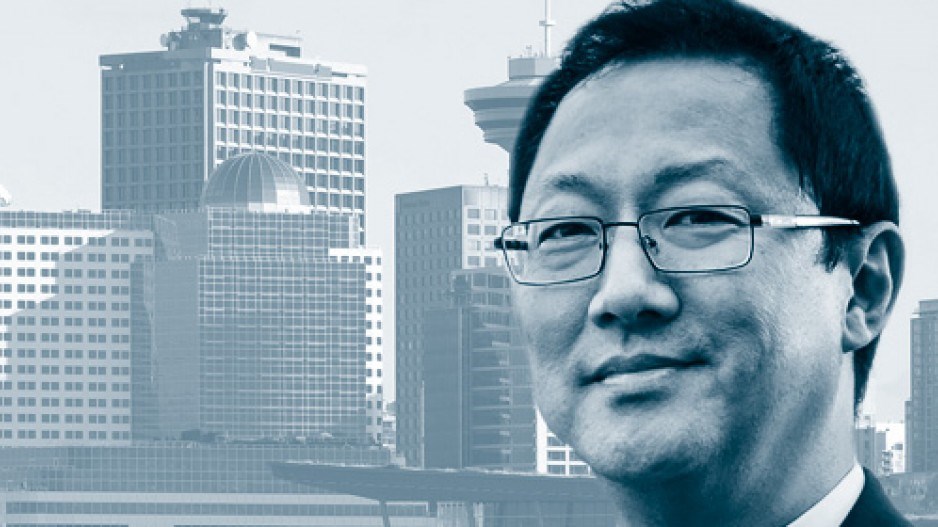This past year, organizations and businesses across the province were forced to respond to the new reality imposed by COVID-19.
The University of British Columbia (UBC), with more than 80,000 faculty, staff and students on our campuses, moved quickly to protect the health and safety of our community. Notably, through a transition to digital teaching, we moved more than 3,000 courses online while working to ensure a high-quality experience for remote learners. We also implemented comprehensive safety plans across our campuses and in student housing for those continuing to study and work on campus.
And we have provided additional resources for faculty and students to assist in the transition to online and have updated protocols for those working from home remotely. Taking care to recognize that students, faculty and staff are in a changing and challenging context, we increased mental services and supports and added emergency and increased financial support for our students.
As with so many businesses and organizations, the pandemic has had a significant impact on UBC’s financial situation. It has required restraint and mitigation measures while we continue to deliver our core academic mission for learning, teaching and research.
The UBC community is a resilient one, and our institution has shown incredible responsiveness to this unprecedented time. By working together and focusing on the health and well-being of our diverse and inclusive community, and on our core academic and research mission, we are emerging stronger than ever and in a good position for the post-pandemic world.
The pandemic has underscored clearly that research matters and can translate into dramatic economic and social impacts. Two Vancouver-based biotechnology companies that spun off from the university are good examples. Acuitas Therapeutics, which spun off from UBC’s Life Sciences Institute in 2010, developed and commercialized the biotechnology that makes the Pfizer-BioNTech COVID-19 vaccine possible. The Acuitas technology is based on research conducted at UBC since the late 1970s. And AbCellera Biologics, which spun off from UBC in 2012 and is now located in Vancouver’s Broadway health precinct, developed the technology used in one of world’s first antibody treatments designed to fight COVID-19. Through their groundbreaking work in Vancouver, both companies are having a direct impact on the lives of millions of Canadians and people around the world.
With an end to the pandemic in sight, UBC is looking to the future and the role that university plays locally and globally. Here in Metro Vancouver, we are committed to improving access to the Vancouver campus through a once-in-a-generation infrastructure project for the extension of rapid transit to UBC, generating benefits for the entire region. Connecting the university to research, health, innovation, employment and housing destinations across the region is crucial for improving mobility, affordability, sustainability and access to education as well as supporting British Columbia’s economic recovery by creating thousands of jobs.
The UBC Extension is very much a regional project. We expect there will be approximately 120,000 trips on and off campus. UBC hosts students, employees and visitors from across the Metro Vancouver region, with more than 50% of its 16,000 staff and 56,000 students travelling from municipalities beyond the city of Vancouver. By dramatically improving transit access for these faculty, staff and students, the project also expands the university’s reach throughout the region.
UBC has partnered with Musqueam, Squamish and Tsleil-Waututh First Nations and the City of Vancouver to jointly advocate for the rapid transit line. We firmly believe that it is an example of reconciliation in action through its recognition of Indigenous community interests in major economic, social and community planning initiatives in Vancouver. We are acting now to enable the economic and social benefits of linking Canada’s second-largest research university to innovation, health, employment and housing centres along the corridor and throughout the region as soon as possible.
We have achieved much over the last five years, and we can achieve more together. I look forward to creating new opportunities with our communities over the coming years. •
Santa Ono is vice-chancellor of the University of British Columbia.




